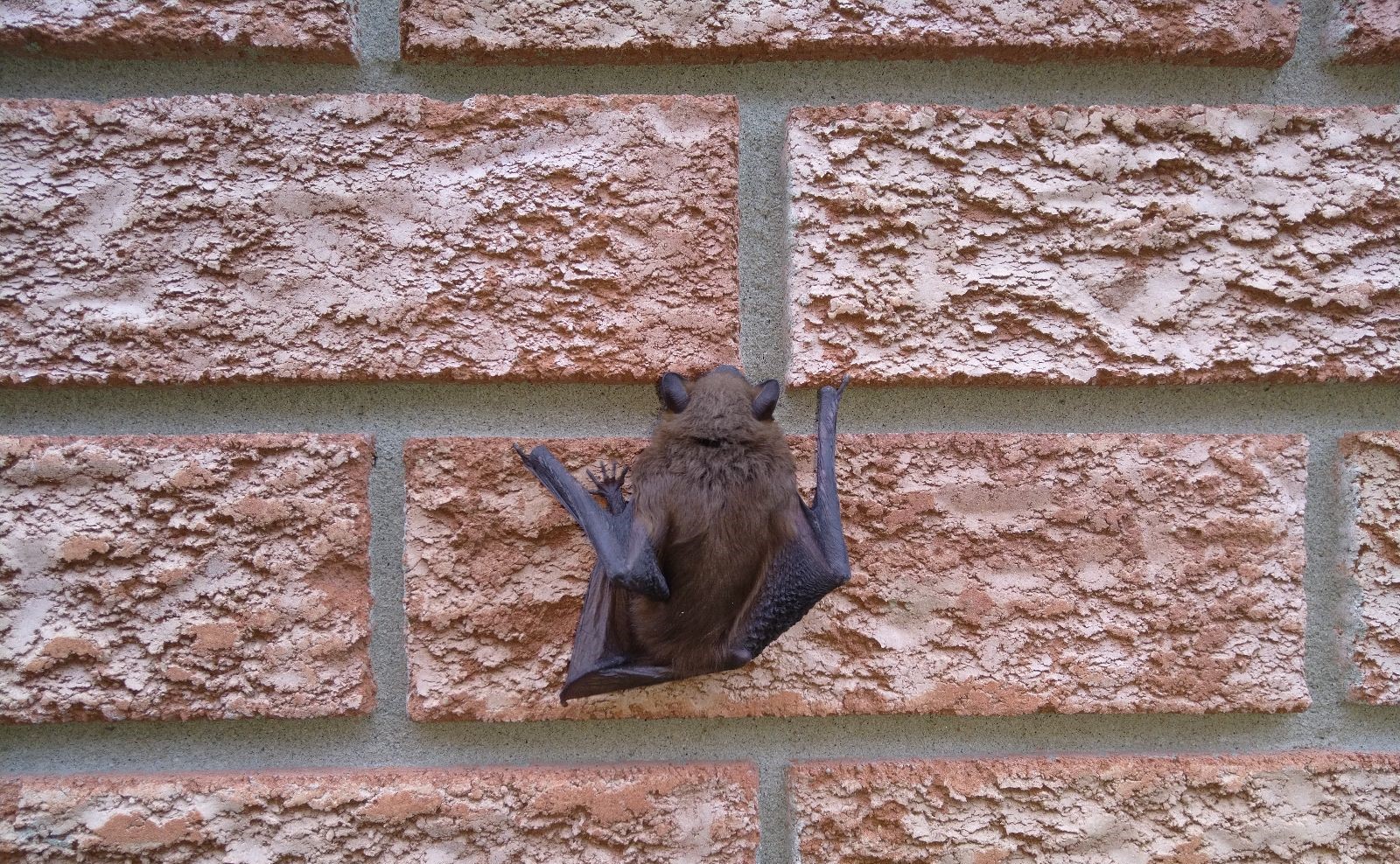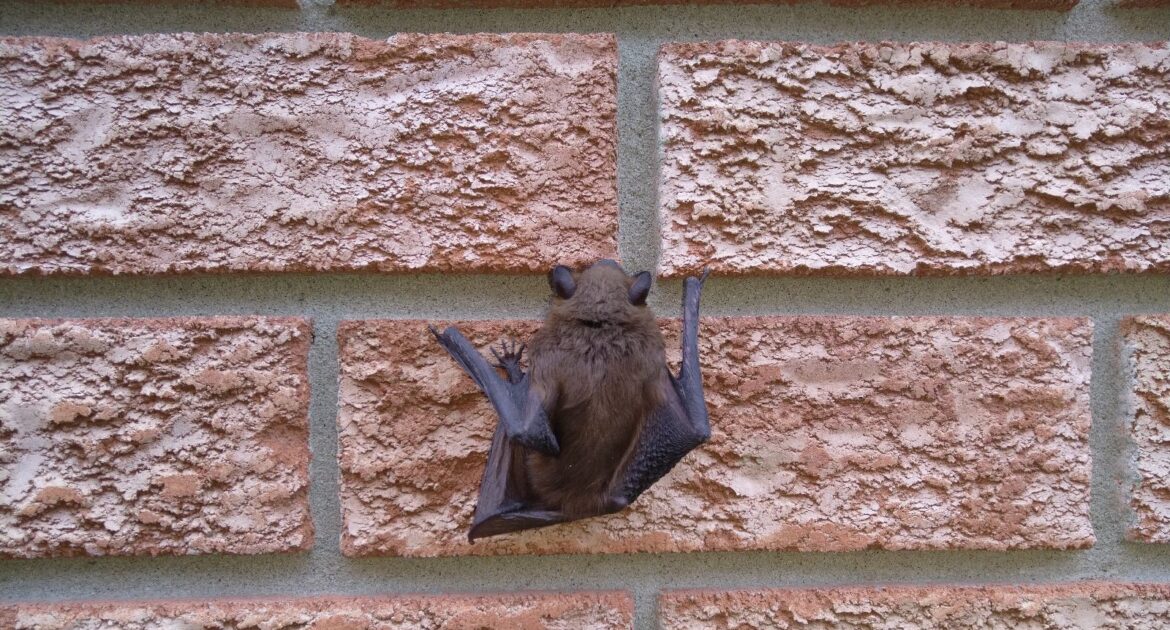As Oakville residents enjoy the serene beauty of Lake Ontario’s shoreline, many are unaware of the vital ecological players working above their heads each night. Bats in Oakville perform critical services that maintain the delicate balance of our environment, yet these misunderstood creatures often face unwarranted fear and persecution. At Skedaddle Humane Wildlife Control, we’ve spent over three decades helping homeowners understand and safely coexist with these remarkable mammals.
Bats are among the most beneficial yet misunderstood wildlife in our community. While finding them in your home can certainly be concerning, understanding their ecological importance helps put their presence in perspective. Just as Oakville’s beautiful waterfront serves as a natural haven for residents, these animals play a vital role in maintaining ecological harmony throughout our region.
Bat Ecosystem Benefits in Oakville
Oakville’s bat populations provide tremendous ecological services that many residents may not notice. These nocturnal mammals silently support our environment in several crucial ways:
Natural Pest Control Specialists
Bats are nature’s most effective insect controllers. A single individual can consume up to 1,000 mosquitoes in just one hour, making them invaluable allies in reducing pest populations without chemical pesticides.
- Mosquito reduction: These creatures make summer evenings more enjoyable by controlling mosquito populations around Oakville’s parks and waterfront areas.
- Agricultural protection: Local farms and gardens benefit from bats’ appetite for crop-damaging insects.
- Disease vector control: By consuming mosquitoes and other biting insects, bats indirectly help reduce the transmission of various diseases.
The pest control services provided by these mammals save North American agriculture billions of dollars annually in reduced pesticide use and crop damage. Even small colonies can make a significant difference in local insect populations.
Pollinators and Seed Dispersers
While insect consumption is their primary ecological contribution in Oakville, certain species also serve as pollinators and seed dispersers in various ecosystems:
- Garden enhancement: Some bat species pollinate flowers and disperse seeds, supporting plant diversity.
- Habitat restoration: Through seed dispersal, bats help regenerate cleared or damaged natural areas.
- Biodiversity support: The combined efforts of these mammals contribute to diverse plant and insect populations throughout Oakville’s green spaces.
This ecological contribution is particularly significant as our community continues to develop, with natural areas becoming more fragmented and in need of wildlife that can travel between them.
Bat Species Common to Oakville
Understanding which species call Oakville home helps us better appreciate their specific contributions and needs:
Little Brown Bats
Once the most common species in Ontario, the Little Brown Bat has faced substantial population declines due to white-nose syndrome, a fungal disease devastating colonies across North America. Despite their small size—weighing only about 7-14 grams—these bats consume large quantities of insects each night.
Big Brown Bats
More resistant to white-nose syndrome, Big Brown Bats have become increasingly common in urban and suburban areas like Oakville. Their larger size and adaptability to buildings make them the species most frequently encountered in home inspections.
Northern Long-eared Bats
These forest dwellers prefer woodlands but may occasionally be found in structures near wooded areas. Their populations have been severely impacted by white-nose syndrome, making conservation efforts particularly important.
Many of Ontario’s bat species are currently considered endangered or threatened, highlighting the critical need for their humane treatment and protection.
Challenges of Bat Colonies in Residential Properties
While bats provide significant ecological benefits, having them reside in your home creates legitimate concerns that should be addressed:
Health and Safety Considerations
Bats rarely pose direct threats to humans, but certain risks should be understood:
- Rabies concerns: While the actual percentage of bats carrying rabies is low, any potential for transmission warrants caution when they are found in living spaces.
- Histoplasmosis risk: Droppings (guano) can harbour a fungus that may cause respiratory infections when disturbed and inhaled.
- Parasites: Colonies sometimes harbour ectoparasites that may occasionally move into human living spaces.
Property Damage Issues
Beyond health concerns, colonies can cause property damage that worsens over time:
- Guano accumulation: Droppings can build up wherever bats roost, potentially damaging insulation and creating odour problems. In sufficient quantities, this accumulation can even lead to staining or collapse.
- Urine damage: Bat urine can seep through ceiling materials, causing stains, unpleasant odours, and potential damage to building materials over time.
- Entry point deterioration: The oils from bats’ fur can enlarge small entry points over years, potentially allowing other wildlife access or increasing weather-related damage.
The Importance of Local Bat Conservation
Despite the legitimate concerns of having these creatures in your attic, we believe strongly in the importance of bat conservation in Oakville:
Bats Under Threat
Bat populations across North America face unprecedented challenges:
- White-nose syndrome: This fungal disease has killed millions across North America since 2006, causing population declines of over 90% in some species.
- Habitat loss: As Oakville continues to grow, natural roosting sites become scarcer.
- Climate change: Shifting patterns of insect availability and hibernation conditions pose additional challenges.
- Misconceptions: Persistent myths about bats lead to unnecessary fear and sometimes intentional harm.
Community Conservation Efforts
Oakville residents can support bat populations in several ways:
- Install bat houses: Providing alternative roosting sites helps displaced colonies find safe homes away from human structures.
- Preserve mature trees: Older trees with loose bark or cavities provide natural habitats.
- Reduce outdoor lighting: Excessive lighting disrupts feeding patterns and can make them more vulnerable to predators.
- Support native gardens: Planting native species encourages the insects that bats feed on.
Collaborating with experts ensures humane treatment and respects bats’ ecological importance when they take up residence in your home.
Humane Bat Management: The Skedaddle Approach
When bats establish colonies in Oakville homes, we follow a science-based, humane approach that protects both the homeowner and these valuable animals:
Understanding Bat Biology and behaviour
Our bat removal strategies are built on thorough knowledge of bats’ life cycles:
- Hibernation periods: They hibernate from September to April, making removal impossible during these months.
- Maternal colonies: Females give birth in early summer, creating a critical period when removal cannot be performed without risking orphaning young.
- Entry identification: Since bats can squeeze through gaps as small as a dime, our technicians are trained to identify even the tiniest potential entry points.
Our Proven Removal Process
We’ve refined our removal process over three decades to ensure humane, effective results:
- Thorough inspection: We conduct a property inspection to identify all entry points and assess colony size and location.
- Customized exclusion plan: Based on the time of year and colony characteristics, we develop a removal strategy considering bat biology.
- One-way door installation: During appropriate seasons, we install specialized exits that allow bats to leave but not return.
- Complete sealing: All potential entry points are sealed with our wildlife exclusion sealant to prevent future access.
- Cleanup and decontamination: When necessary, we remove contaminated insulation and sanitize affected areas to eliminate health risks.
Year-round monitoring: After removal, we offer ongoing inspection services to ensure continued coexistence in harmony with nature.
If you find yourself with a bat problem, remember that humane and effective solutions are available. Contact Skedaddle Humane Wildlife Control today to ensure that Oakville’s bat populations are protected while maintaining the comfort and safety of your home. Partner with us to take a proactive approach to bat conservation and management, safeguarding both your property and the ecosystem around us.




